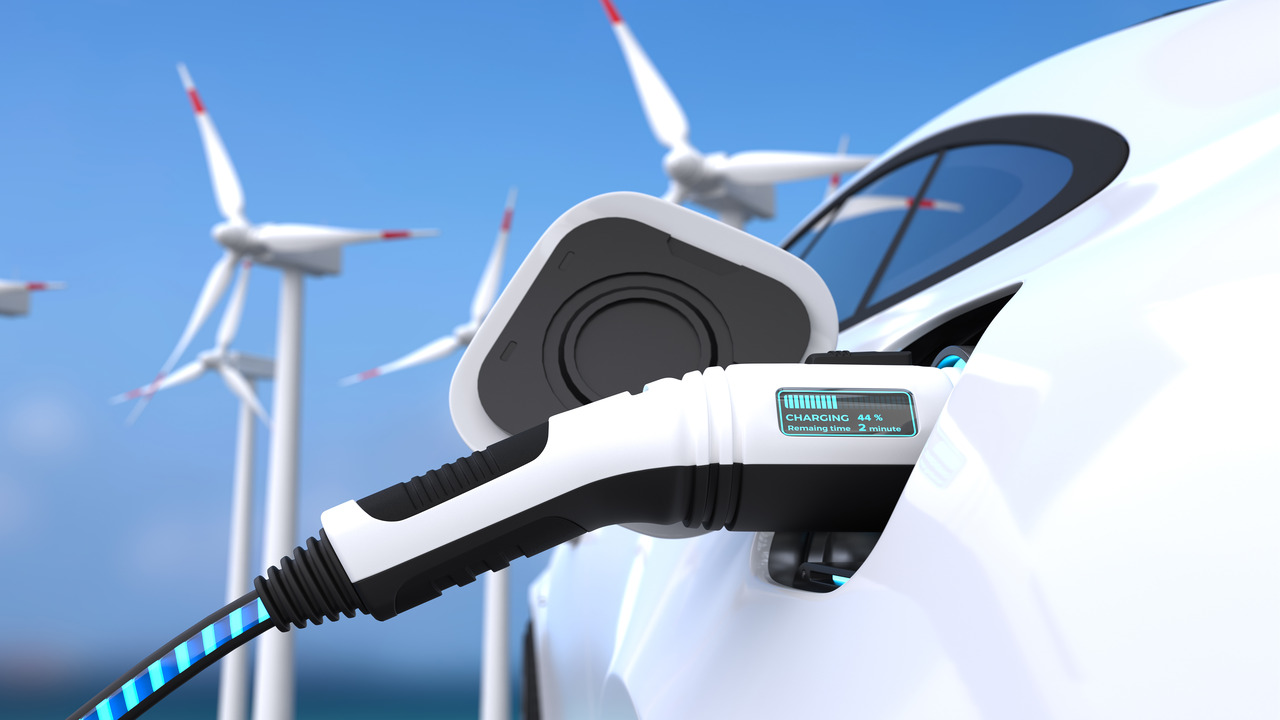Ottawa has unveiled new regulations in Canada for all electric vehicles (EVs).
Recently at a press conference, Environment and Climate Change Minister Steven Guilbeault announced new standards which will provide more affordable EVs and more charging stations.
He also added that, the Government of Canada is helping to ensure that, we don’t get left behind and that we keep driving towards the opportunities being created.
The federal government had announced before that all vehicles sold in the country must emit zero emissions by 2035. This announcement explained the schedule for the regulations, who is affected by them, and how the carmakers can fulfill.
The federal government is now mapping out the path for how it wants that to happen, now needing 20 per cent of all cars, SUVs, crossovers and light-duty pickups sold by carmakers to emit zero emissions by 2026. By 2030 60 per cent of all cars sold must be zero emissions.
Emergency vehicles like ambulances and firetrucks will be exempt. Carmakers will earn, lose and bank credits, worth $20,000 for every vehicle that has an all-electric range of at least 80 kilometers for meeting, exceeding and failing to meet sales targets.
For every vehicle the companies will be forced to pay on credit if it’s not sold under their target. They can also start earning credits immediately for selling EVs before 2026 and for building fast-charging stations.
Companies will only be able to offset 10 per cent of their total compliance. The environment ministry will monitor compliance and will impose fines if carmakers violate the regulations.
Guilbeault told reporters that the credit system will incentivize carmakers to build charging stations across the country, including in multi-unit buildings like apartments or along long stretches of highway.
He said the federal government is looking to update building codes to make sure that new multi-unit structures will have the electrical capacity to accommodate charging stations. Approximately 80 per cent of EV drivers charge at home.
The government will place a cap on each model year on the amount of company’s plug-in hybrids. Plug-ins with an electric range of at least 80 kilometers will be worth the same as battery-electric or fuel cell vehicles.
READ MORE ON
Plug-ins with electric ranges between 35 and 79 kilometers can earn full or partial credits, depending on the model year and seating capacity.
The government’s approach also states regulations which are designed to bring more EVs into the market, which coupled with incentives from the federal and some provincial governments, will make them more affordable for lower-income Canadians.
By the late 2020s the minister said he expects EVs to reach similar prices as conventional vehicles and to become more cheaper over the lifespan of a vehicle.
Canadian Automobile Dealers Association CEO, Tim Reuss told that, the federal plan didn’t provide enough concrete details to convince customers.
He also said that, charging at home is a challenge for a lot of people that live in multi-family settings and or in houses where they don’t have a driveway and need to park on the street.
Canadians need a reliable charging network across the country which works in -40 weather in rural Saskatchewan or Manitoba.
And he said Guilbeault’s argument that EVs are less expensive to maintain than gas-powered vehicles, will not help Canadians who can’t afford them.








